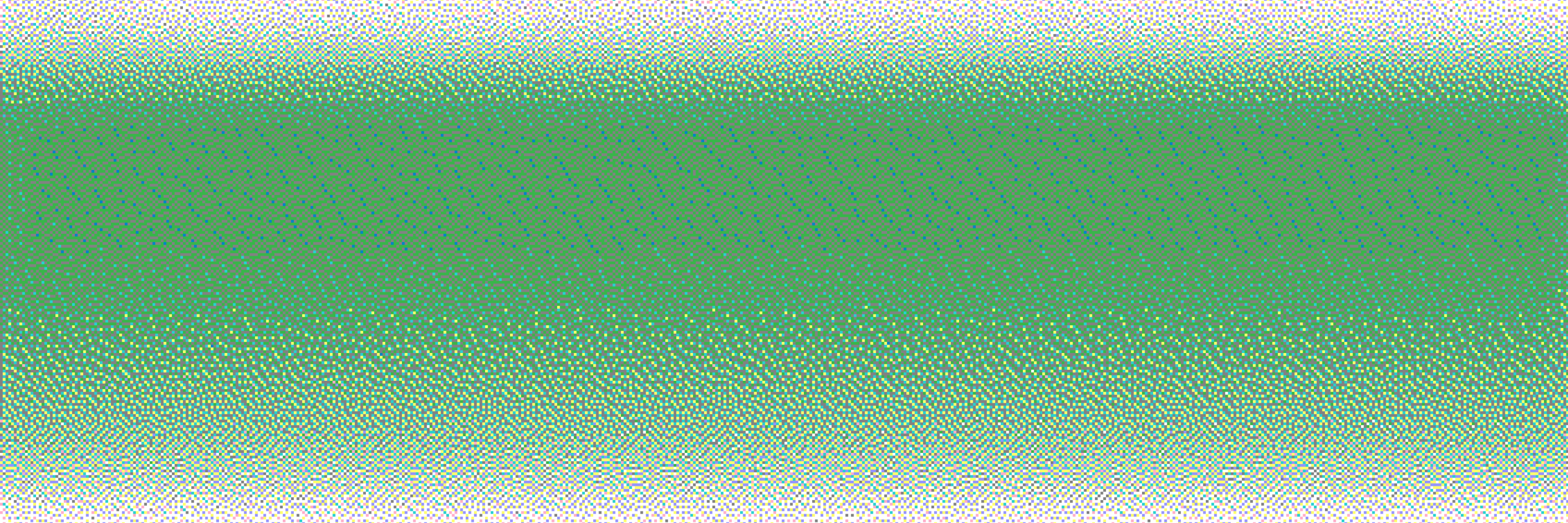
LEARNING OUTCOMES
After completing the course, student is able to
Identify, validate and persuasively communicate the role and value of design in enhancing innovation processes and practices from various strategic perspectives, contexts and approaches.Evaluate the suitability and applicability of design, design-thinking and effectual action through an exploratory case-based experimentation and illumination via a generative and collaborative project-based application.Recognise the necessity for and synergies gained between process-driven and philosophy-driven approaches to strategic design, innovation and development.
Credits: 9
Schedule: 25.04.2023 - 02.06.2023
Teacher in charge (valid for whole curriculum period):
Teacher in charge (applies in this implementation): Peter McGrory, Hidde Griek
Contact information for the course (applies in this implementation):
Peter McGrory
peter.mcgrory@aalto.fi
+358 50 3036543
Teaching Assistant: Hidde Griek
hidde.griek@aalto.fi
Teaching Support: Leon van Klaveren
CEFR level (valid for whole curriculum period):
Language of instruction and studies (applies in this implementation):
Teaching language: English. Languages of study attainment: English
CONTENT, ASSESSMENT AND WORKLOAD
Content
valid for whole curriculum period:
The course is designed on the premise that it's important to experiment with new design strategies, concepts and ideas, explore different innovation approaches, and test the utility of different theories through practical application.
Participants benefit from a range of methods including theoretical insights, practical case-based illumination and exploration through individual and team-based assignments which take advantage of prior and aggregated course, incl., programme inputs, throughputs and outputs.
Working methods are chosen to enrich and diversify discussions and team-based exploration by taking advantage of a range of disciplinary and cultural perspectives, capabilities and interests.
Individual and group assignments are seen as an important collaborative vehicle, enabling participants to build on each other’s' insights and ideas in a project-based generative learning environment.applies in this implementation
The CoID Design Strategy and Innovation DSI Course delves into the application of systemic and contextual design methodologies and processes in order to tackle complex, multi-dimensional, inter-dependent and inter-connected problems and create, generate, project and pro-actively test preferable and desirable futures.
This course encourages a radical shift in design thinking and effectual action by focusing on design strategy and innovation and future(s visioning, which involves looking beyond the obvious to help enact radical and meaningful change.
Course participants will actively utilise the Vision in Product (Practice) ViP Design Approach and thereby will explore the concepts and practices of contextual design, futures foresight thinking and planning incl., forecasting and backcasting approaches to identify, amplify and clarify potential future challenges and opportunities in our ever-evolving, complex and often uncertain world.
The DSI course emphasises the importance of defining strategies that lead to preferable future(s, and designing innovative interventions that better assure a desired, visually-mediated future(s vision.
Throughout the course, participants will be challenged to create innovative solutions that address complex, interconnected issues. By engaging in practical exercises and projects, students will learn to embrace systemic design and innovation principles and systems thinking to create tangible, impactful proposals that align with a larger vision for a brighter future.
Working methods are chosen to enrich and diversify discussions and team-based exploration by taking advantage of a range of disciplinary and cultural perspectives, capabilities and interests. Individual and group assignments are seen as an important collaborative vehicle, enabling participants to build on each other’s insights and ideas in a project-based generative learning environment. The course is designed on the premise that it's important to experiment with new design strategies, concepts, insights and ideas, try different innovation approaches, and test the utility of different theories through practical application.
Assessment Methods and Criteria
valid for whole curriculum period:
Active participation to lectures.
Assignments throughout the course.
Reflection.
Workload
valid for whole curriculum period:
Total course workload: 9 cr = 243 h
Contact teaching including lectures, visits, tutoring, workshops 50 h
Independent and team work 150 h
Reflection 40 h
Course evaluation 1 h
DETAILS
Substitutes for Courses
valid for whole curriculum period:
Prerequisites
valid for whole curriculum period:
SDG: Sustainable Development Goals
12 Responsible Production and Consumption
FURTHER INFORMATION
Further Information
valid for whole curriculum period:
Teaching Language : English
Teaching Period : 2022-2023 Spring V
2023-2024 Spring VEnrollment :
Registration in Sisu. Minimum 5, maximum 60 students. Priority order:
1) CoID major students
2) Other DoD MA major/programme and exchange students
3) Other
Priority order to courses is according to the order of priority decided by the Academic committee for School of Arts, Design and Architecture https://www.aalto.fi/en/services/registering-to-courses-and-the-order-of-priority-at-aalto-arts
